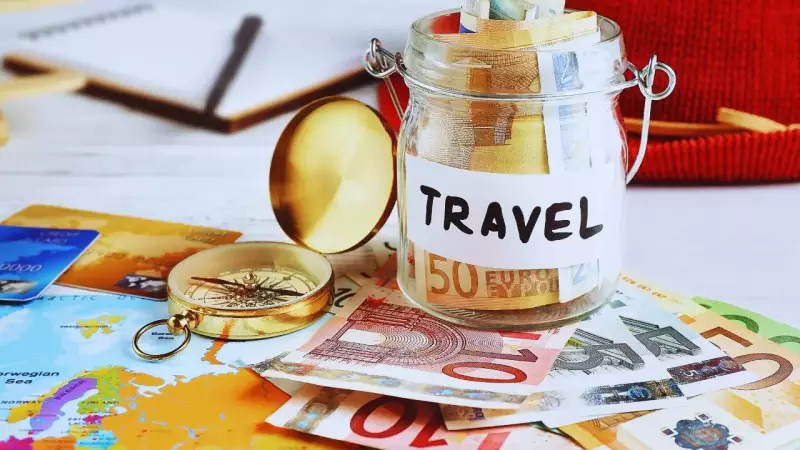
Every international traveler faces that crucial financial decision moments before departure - should I convert money before leaving home? This seemingly small detail can significantly impact your first hours in a foreign country, transforming what should be an exciting arrival into a stressful currency hunt.
The Critical First Hour in a New Country
Stepping out of an unfamiliar airport presents immediate challenges that become infinitely more complicated without local currency. From securing transportation and finding SIM cards to grabbing that much-needed snack after a long flight, having some cash in hand provides immediate relief. This becomes particularly essential in destinations across Asia, Africa, the Middle East, and South America where cash remains king for taxis, food stalls, and small vendors.
Advantages of Pre-Travel Currency Conversion
Being prepared for immediate expenses makes those initial chaotic moments manageable. When you're dealing with unfamiliar languages, travel fatigue, and airport crowds, knowing you can pay for essentials without hunting for exchange counters or ATMs brings peace of mind.
Avoiding airport counter shock is another significant benefit. Airport kiosks typically offer dramatically worse exchange rates compared to what you'd get in your home city. These tourist traps combine inflated rates with high service fees, making pre-travel conversion financially smarter.
Having time to compare rates allows you to make informed decisions. When converting currency at home, you can research authorized money changers, bank services, and online forex platforms without pressure. This enables you to identify hidden fees and wait for favorable rates instead of paying premiums out of desperation.
Eliminating foreign ATM surprises protects you from steep withdrawal fees, poor exchange rates through Dynamic Currency Conversion (DCC), and low withdrawal limits. Countries like Thailand, Japan (outside major cities), and Indonesia are particularly known for high ATM fees targeting foreign card users.
When Converting Cash Early Makes Sense
Certain travel scenarios make pre-trip currency conversion absolutely essential. Destinations with low digital payment acceptance, including rural Vietnam, Myanmar, Nepal, Morocco, and parts of Eastern Europe, still operate primarily on cash. For these locations, converting at least a portion of your money beforehand becomes crucial for basic transactions.
Countries with ATM withdrawal limits for foreign cards also make early conversion practical. When daily cash access is restricted, having local currency from the start ensures you won't face payment difficulties during your travels.
When to Limit Pre-Travel Conversion
Not all destinations require significant cash preparation. Card-friendly countries like Singapore, South Korea, the UAE, most European nations, the United States, and even major Japanese cities have embraced digital payments to the extent that cash becomes nearly unnecessary.
Forex cards present an excellent alternative to carrying large amounts of cash. These specialized travel cards allow you to lock in favorable exchange rates while providing security through PIN protection and blocking features. They eliminate international transaction fees and offer global acceptance, making them ideal for tech-savvy travelers.
The risks of converting too much currency in advance include potentially missing better rates abroad, safety concerns about carrying large cash amounts, and the hassle of reconverting leftover money. Coins from countries like Turkey, Egypt, Morocco, Thailand, and Vietnam are particularly difficult to exchange back home, often becoming souvenirs rather than reusable currency.
The Balanced Approach to Travel Money
The optimal strategy involves partial pre-travel conversion - enough to cover immediate expenses upon arrival and essential cash-only situations, but not your entire travel budget. This approach ensures you're never stranded while avoiding the pitfalls of carrying excessive cash or accepting poor exchange rates at airport counters.
A well-balanced combination of local cash, a loaded forex card, and your regular international debit/credit cards provides both financial flexibility and security. This mixed approach allows you to benefit from favorable rates while maintaining multiple payment options throughout your journey.
Remember that travel money management requires destination-specific research. Understanding the payment landscape of your chosen location - whether it's cash-dependent or digitally advanced - will help you create the perfect financial strategy for a stress-free international experience.





